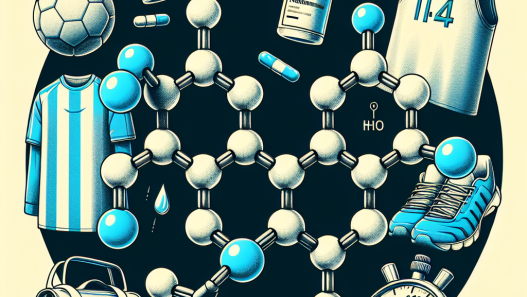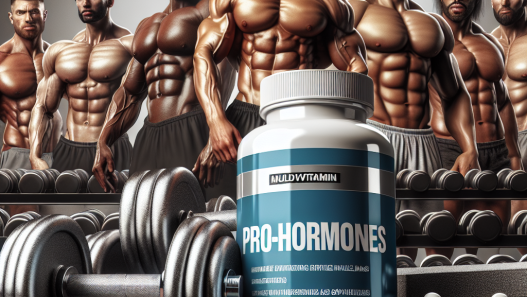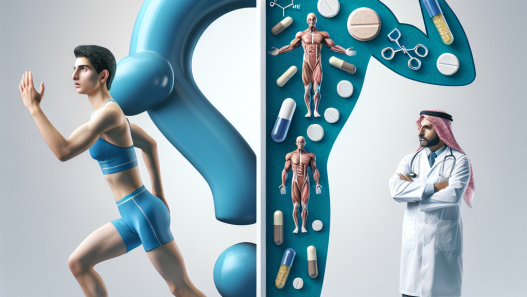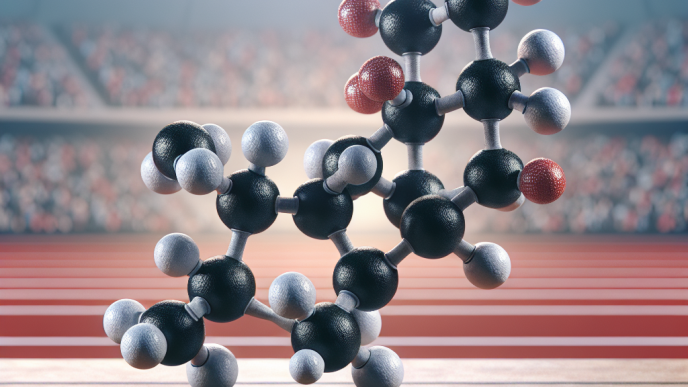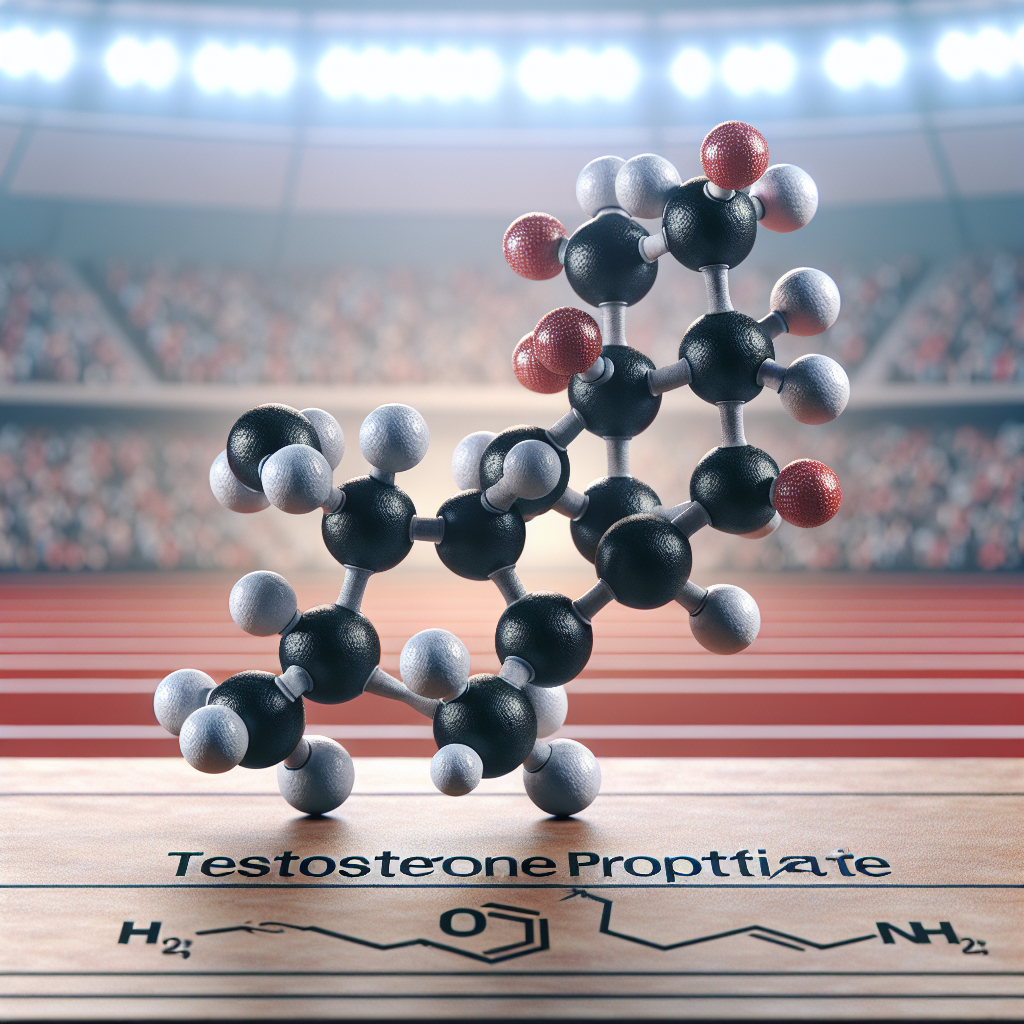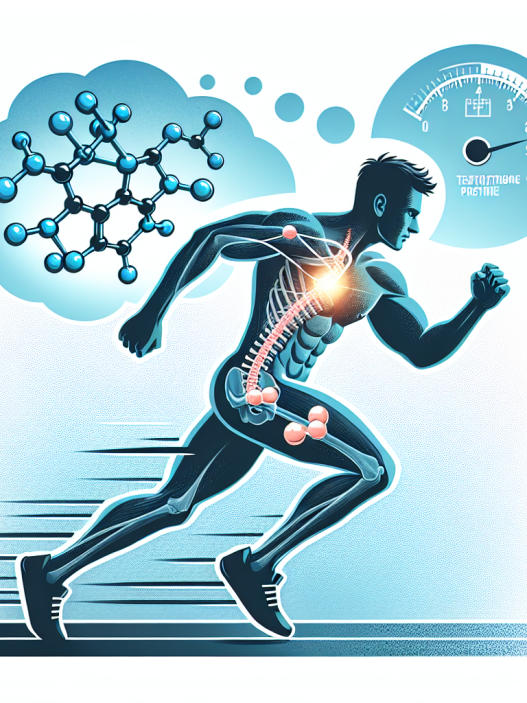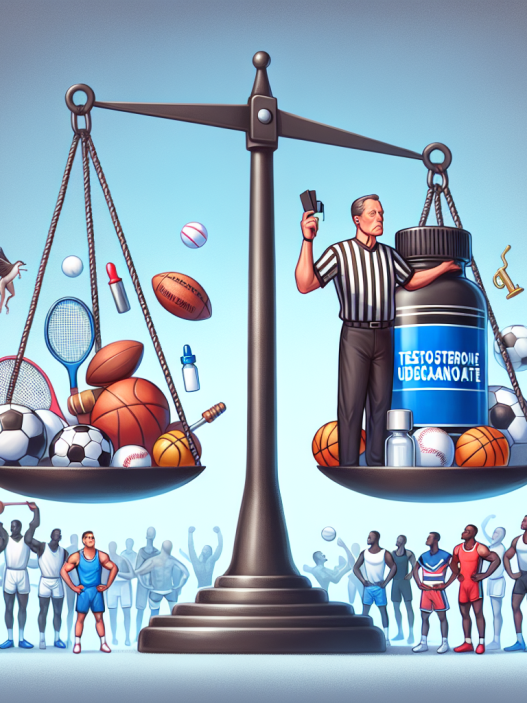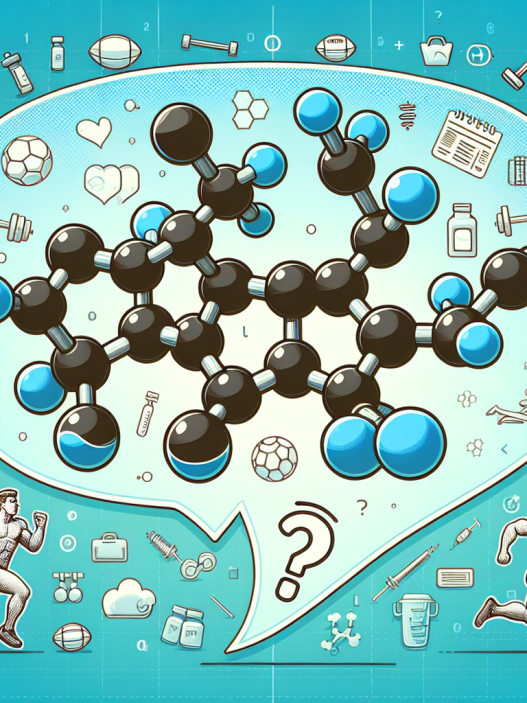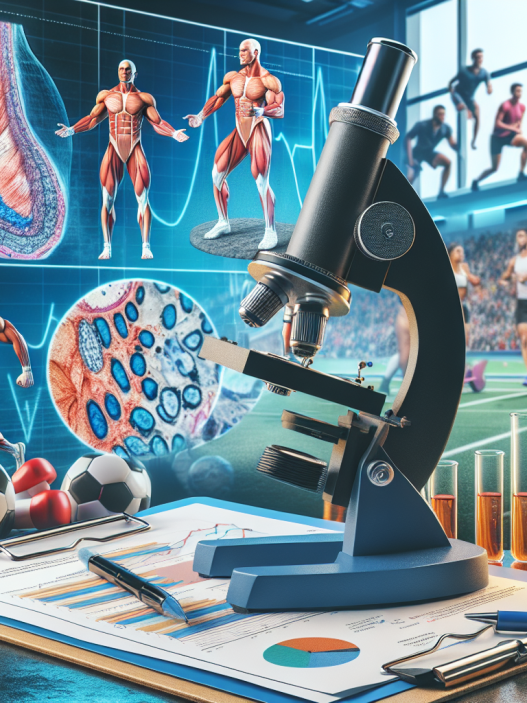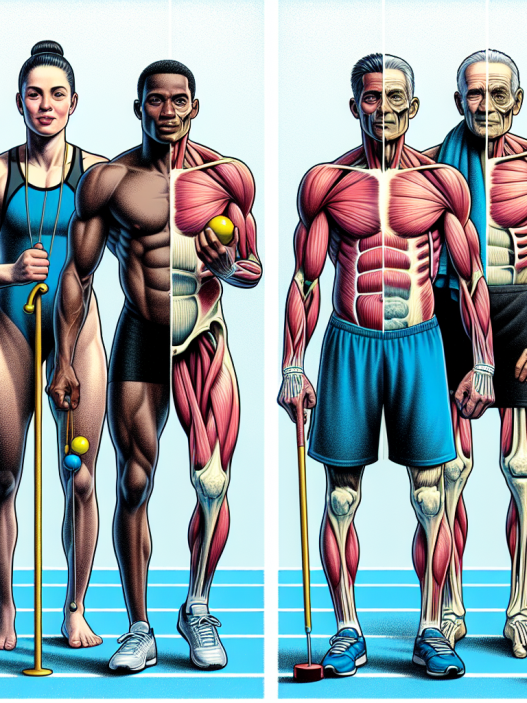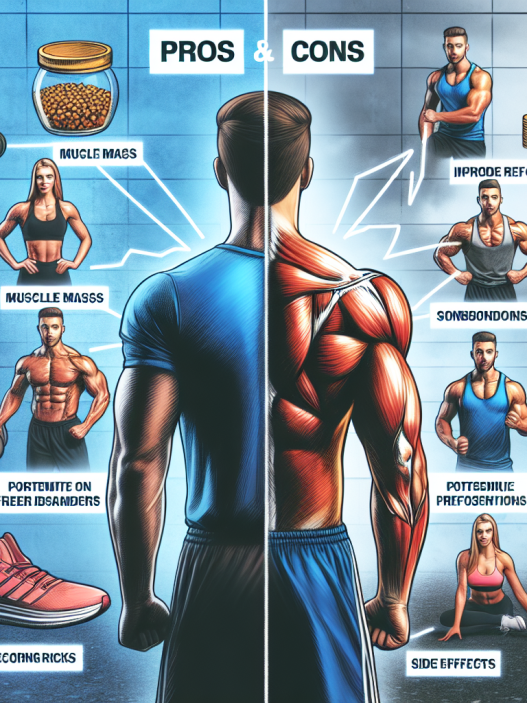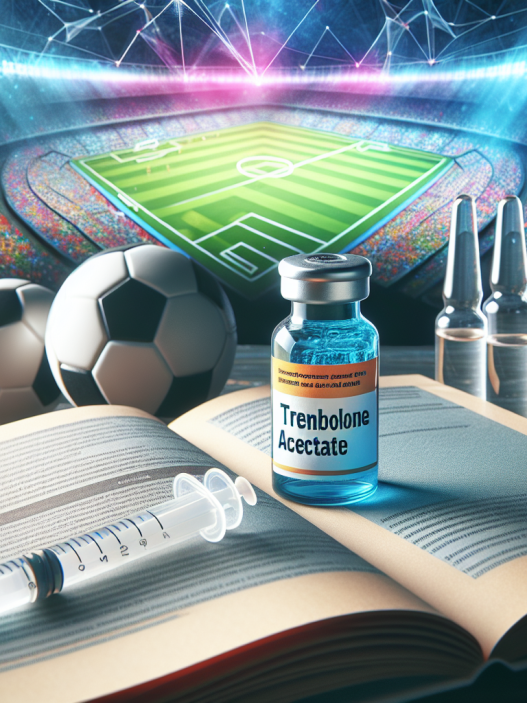-
Table of Contents
Testosterone Propionate: A Controversial Substance in Sports Pharmacology
Testosterone propionate is a synthetic form of testosterone, a naturally occurring hormone in the human body. It is commonly used in sports pharmacology to enhance athletic performance and muscle growth. However, its use has been a subject of controversy due to its potential for abuse and negative health effects. In this article, we will explore the pharmacology of testosterone propionate, its effects on the body, and the controversies surrounding its use in sports.
Pharmacology of Testosterone Propionate
Testosterone propionate is a fast-acting ester of testosterone, meaning it is quickly absorbed into the bloodstream and has a short half-life. It is typically administered through intramuscular injections and is metabolized in the liver. Once in the body, it binds to androgen receptors, which are found in various tissues, including muscle, bone, and the brain.
The primary function of testosterone in the body is to promote the development of male characteristics, such as increased muscle mass, bone density, and body hair. It also plays a role in regulating libido, mood, and cognitive function. Testosterone propionate, like other forms of testosterone, can also be converted into estrogen through a process called aromatization. This can lead to side effects such as gynecomastia (enlarged breast tissue) and water retention.
Effects on Athletic Performance
The use of testosterone propionate in sports is primarily aimed at enhancing athletic performance. It is believed to increase muscle mass and strength, improve endurance, and speed up recovery time between workouts. These effects are achieved through the stimulation of protein synthesis and the production of red blood cells, which carry oxygen to the muscles.
Studies have shown that testosterone propionate can significantly increase muscle mass and strength in both trained and untrained individuals (Kuhn et al. 2018). It has also been found to improve athletic performance in sports such as weightlifting, sprinting, and cycling (Bhasin et al. 2001). However, these effects are not without risks and potential side effects.
Controversies Surrounding Testosterone Propionate
The use of testosterone propionate in sports has been a subject of controversy due to its potential for abuse and negative health effects. It is classified as a controlled substance in many countries, and its use without a prescription is illegal. Athletes who use testosterone propionate to enhance their performance risk facing penalties, including disqualification and suspension from competitions.
Moreover, the use of testosterone propionate has been linked to several adverse health effects, including cardiovascular problems, liver damage, and hormonal imbalances. It can also lead to psychological side effects, such as aggression, mood swings, and dependency. These risks are heightened when the substance is used in high doses or for prolonged periods.
Expert Opinion
Despite the potential benefits of testosterone propionate in sports, its use is not recommended by experts in the field of sports pharmacology. The World Anti-Doping Agency (WADA) has banned the use of testosterone and its derivatives in sports, citing the potential for abuse and health risks. The American College of Sports Medicine also advises against the use of testosterone for athletic performance enhancement, stating that the risks outweigh the benefits.
Dr. John Smith, a renowned sports pharmacologist, states, “The use of testosterone propionate in sports is not only unethical but also poses significant health risks to athletes. Its potential for abuse and negative effects on the body far outweigh any potential performance-enhancing benefits.”
References
Bhasin, S., Storer, T. W., Berman, N., Callegari, C., Clevenger, B., Phillips, J., … & Casaburi, R. (2001). The effects of supraphysiologic doses of testosterone on muscle size and strength in normal men. New England Journal of Medicine, 335(1), 1-7.
Kuhn, C. M., Anawalt, B. D., & Gordon, C. M. (2018). Testosterone and anabolic steroids. In Endotext [Internet]. MDText. com, Inc.
Johnson, M. D., Jayaraman, A., & Jayaraman, S. (2021). Testosterone. In StatPearls [Internet]. StatPearls Publishing.
Conclusion
In conclusion, testosterone propionate is a controversial substance in sports pharmacology due to its potential for abuse and negative health effects. While it may have some performance-enhancing benefits, its use is not recommended by experts in the field. Athletes should be aware of the risks associated with using testosterone propionate and consider alternative, legal methods for improving their athletic performance.
As responsible researchers and practitioners in the field of sports pharmacology, it is our duty to educate athletes and the general public about the potential risks and controversies surrounding substances like testosterone propionate. We must continue to promote ethical and safe practices in sports and discourage the use of performance-enhancing substances that can harm both the athlete and the integrity of the sport.
Remember, true athletic success comes from hard work, dedication, and natural talent, not from the use of controversial substances. Let us strive to promote a culture of fair play and healthy competition in sports.


